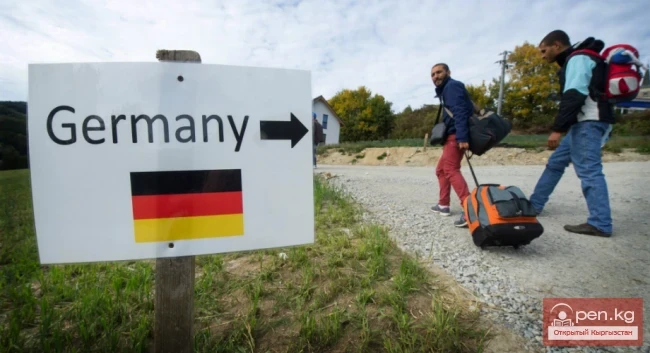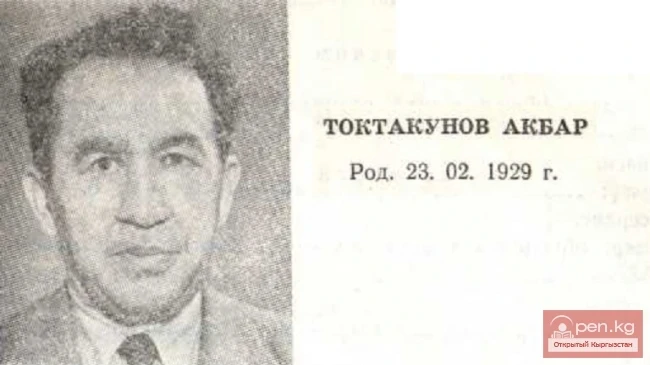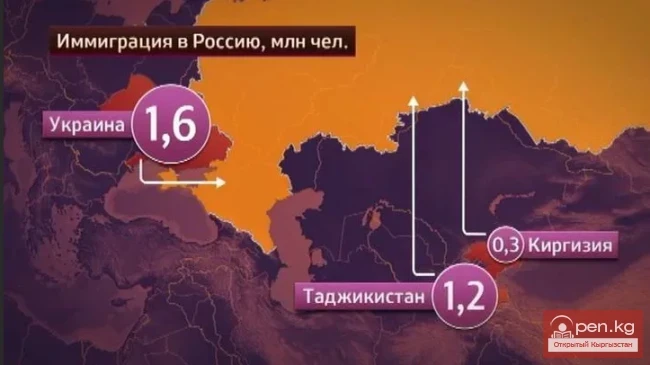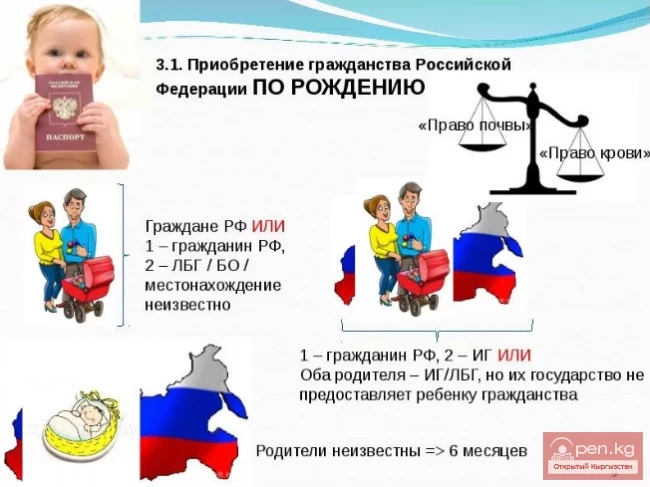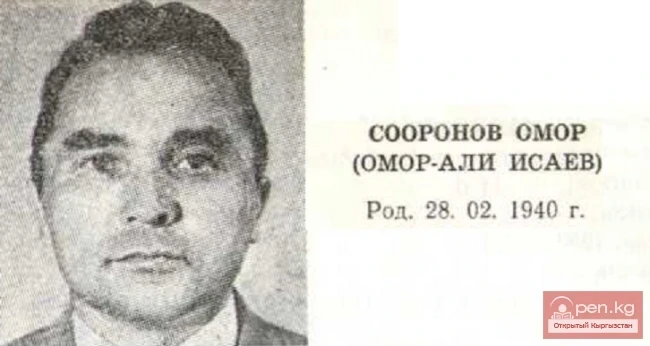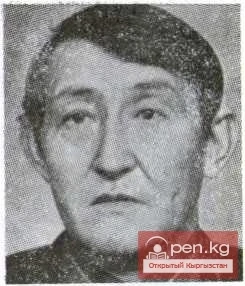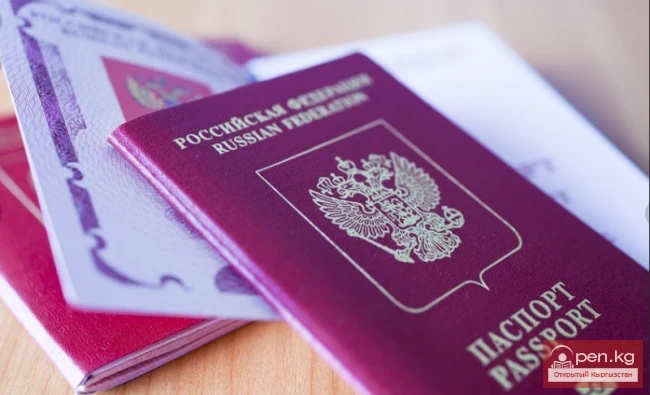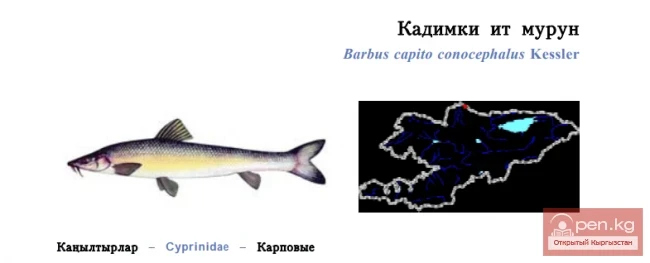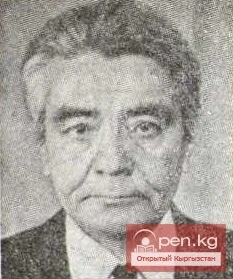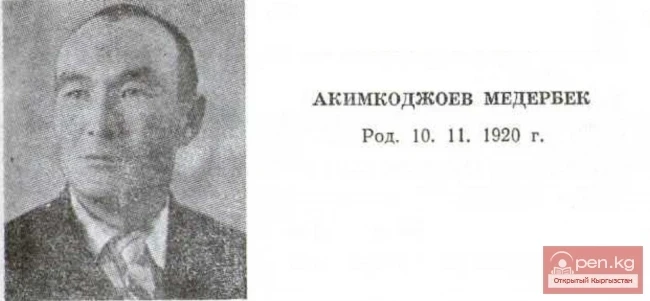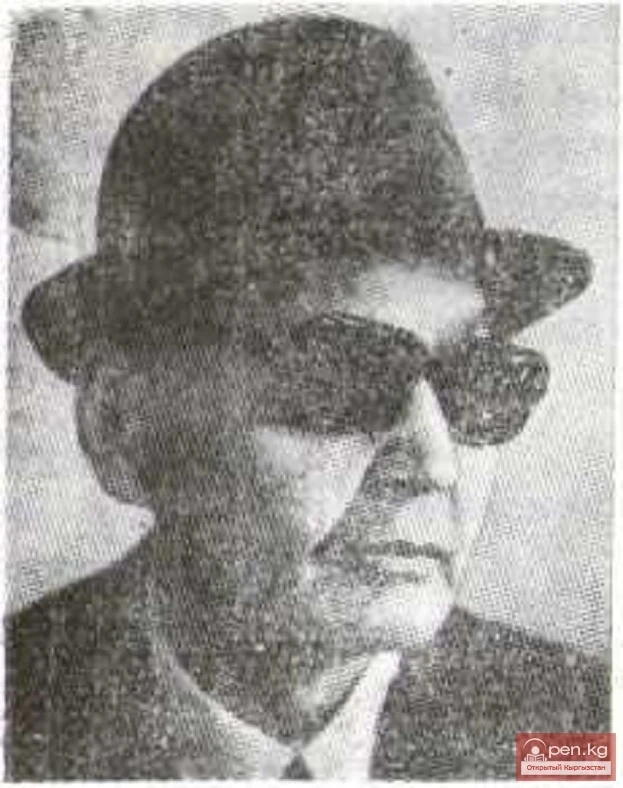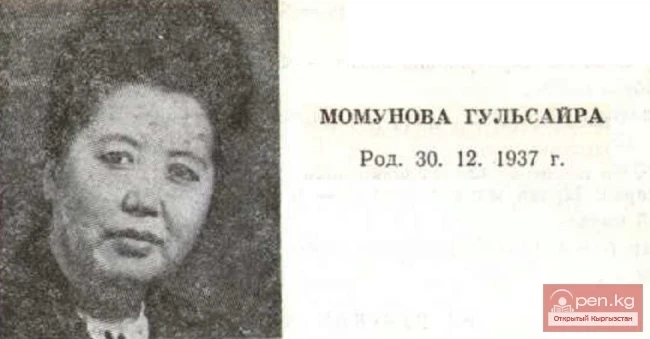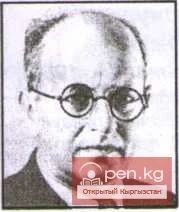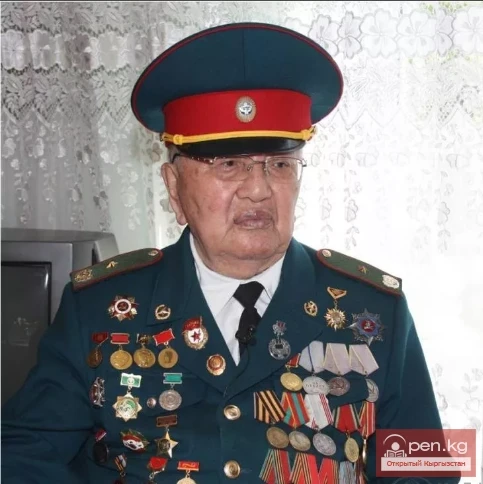
Immigration for Jews to Germany
Germany offers a chance for immigration to Jews living in the countries of the former USSR, excluding Estonia, Latvia, and Lithuania, which have already joined the EU. Jews born before 1945 can expect a simplified immigration procedure, as they are all considered victims of National Socialism.
Requirements for Jewish Immigration
Citizenship of one of the former USSR countries or residence there without citizenship;
Jewish nationality or at least one Jewish parent, grandparent, or great-grandparent;
Religious affiliation, if any – Judaism;
German language proficiency at least at A1 level;
Means of subsistence in Germany for an extended period;
Proof of persecution by the Nazis if the candidate was born before 01.01.1945 – proof of language knowledge is not required in this case.
Documents for the Visa for Jewish Immigration
A package of general documents for a D visa;
Medical insurance for 90 days;
Departure certificate (issued upon deregistration);
Notification of acceptance from the Federal Office for Migration and Refugees (Bundesamt für Migration und Flüchtlinge – BAMF);
Confirmation of acceptance from one of the Jewish communities, received from BAMF;
Certificate from the Pension Fund of the Russian Federation indicating the pension amount, if available;
All civil status certificates with an apostille;
Certificate of presence or absence of property (real estate) from the Federal Service for State Registration, Cadastre and Cartography;
Consent of the second parent for the child's departure/right of exclusive custody (if only one parent is leaving with the child);
Certificate of German language proficiency (from A1) (except for children under 14 years old).
Immigration Process for Jews
Apostille on all civil status documents and notarized translation of all documents (including apostille) into German;
Submission of an application for the desire to move to Germany under the Jewish program to the German representation in Moscow or Novosibirsk in person;
Interview;
Consideration of the case at the Federal Office for Migration and Refugees in Germany (timelines vary in each individual case);
Search by the Federal Office for a Jewish community for the candidate;
Issuance of a decision indicating in which federal state the migrant will live;
Issuance of a notification of acceptance;
Collection of documents (original + translation + 2 copies) and submission of the application for a D visa to the German Consulate in person within one year from the notification;
Issuance of a D visa within a week;
Entry into Germany;
Obtaining permanent residency.
Specifically for immigrants through the Jewish line, the Immigration and Refugee Office has released a memo in Russian about the immigration process.
Reasons for Refusal
Relocations to other countries in the past, including permanent residency in Germany;
Holding bureaucratic positions, working in special services and the Soviet army;
Having criminal convictions for activities illegal under German law;
Weak integration prospects. Those with a high level of German, high qualifications, relatives in Germany, or a contract with a future employer in Germany have a better chance of immigration.
Repatriation Program 'Late Resettlers'
In the 20th century, many Germans were forcibly expelled from Germany to the territories of the former USSR and Eastern Europe. The repatriation program is specifically for them and their descendants. The main requirement for this method of immigration is to provide documentary evidence of German roots, and a distinctive feature is the necessity to submit an application as a potential repatriate to the Federal Administrative Office of Germany in advance. If the visa application is successful, upon entering Germany, the candidate will receive the right to German citizenship. The absence of convincing documentary evidence of the candidate's German roots will be a reason for refusal.
Requirements for Late Resettlers
Confirmed German roots;
Proof of residence in the USSR since 08.05.1945 or since 31.03.1952 in cases of forced relocation;
Direct ancestors-resettlers for those born after 01.01.1993;
In the nationality field in documents, it is indicated as "German";
Proficiency in German (B1).
Documents for the Visa for Late Resettlers
A package of general documents for a D visa;
Medical insurance for 90 days;
Departure certificate (issued upon deregistration);
Notification of acceptance from the Federal Office for Migration and Refugees (BAMF);
Certificate of no criminal record not older than 6 months;
All civil status certificates with an apostille;
Certificate of German language proficiency at least A1 for family members of the resettler;
Consent of the second parent for the child's departure/right of exclusive custody (if only one parent is leaving with the child).
Stages of Immigration for Late Resettlers
Apostille on all civil status documents and notarized translation of all documents (including apostille) into German;
Submission of an application to the Federal Administrative Office of Germany (BVA);
Passing a language test;
Consideration of the application at BVA (timelines vary in each individual case);
Receiving a notification of acceptance from BVA;
Collection of documents (original + translation + 2 copies) and submission of the application for a D visa to the German Consulate in person;
Issuance of a D visa within a week;
Entry into Germany;
Obtaining citizenship.
Immigration to Germany from Kyrgyzstan. Part - 2. Business, marriage, family



